Conscience is God present in man
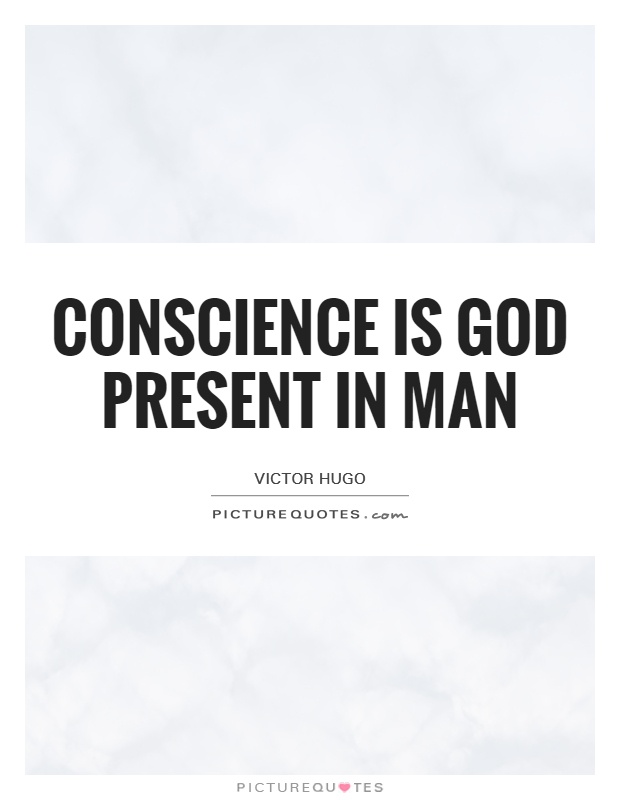
Conscience is God present in man
Victor Hugo, the renowned French writer, poet, and playwright, was a man of deep conviction and moral integrity. Throughout his works, Hugo often explored themes of justice, compassion, and the human conscience. One of his most famous quotes, "Conscience is God present in man," encapsulates his belief in the inherent goodness and moral compass that resides within each individual.For Hugo, the conscience was not simply a product of societal norms or religious teachings, but a divine presence that guided individuals towards righteousness and compassion. He believed that the conscience was a direct connection to God, a moral compass that helped individuals distinguish between right and wrong, good and evil.
In many of his works, such as "Les Misérables" and "The Hunchback of Notre-Dame," Hugo delves into the complexities of human nature and the power of the conscience to drive individuals towards acts of kindness, forgiveness, and redemption. In "Les Misérables," the character of Jean Valjean undergoes a profound transformation after a chance encounter with a bishop who shows him mercy and forgiveness. Valjean's conscience is awakened, leading him to a life of selflessness and compassion, despite the hardships he faces.
Similarly, in "The Hunchback of Notre-Dame," the character of Quasimodo, a deformed bell-ringer, demonstrates the power of the conscience to transcend physical appearance and societal prejudices. Despite being shunned and mistreated by society, Quasimodo's conscience guides him towards acts of kindness and loyalty, ultimately leading to his redemption.
Through his works, Hugo emphasizes the importance of listening to one's conscience and following its guidance towards a life of compassion, justice, and moral integrity. He believed that the conscience was a direct reflection of God's presence within each individual, guiding them towards a life of goodness and righteousness.

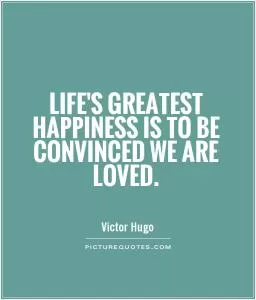
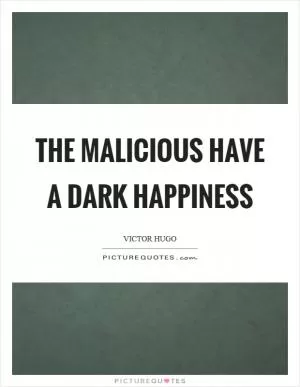




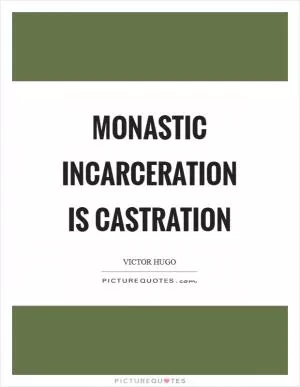



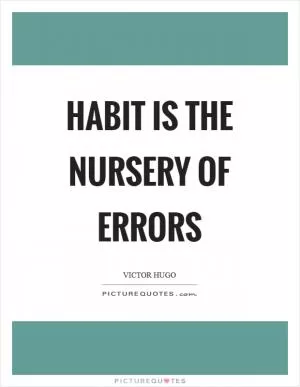
 Friendship Quotes
Friendship Quotes Love Quotes
Love Quotes Life Quotes
Life Quotes Funny Quotes
Funny Quotes Motivational Quotes
Motivational Quotes Inspirational Quotes
Inspirational Quotes